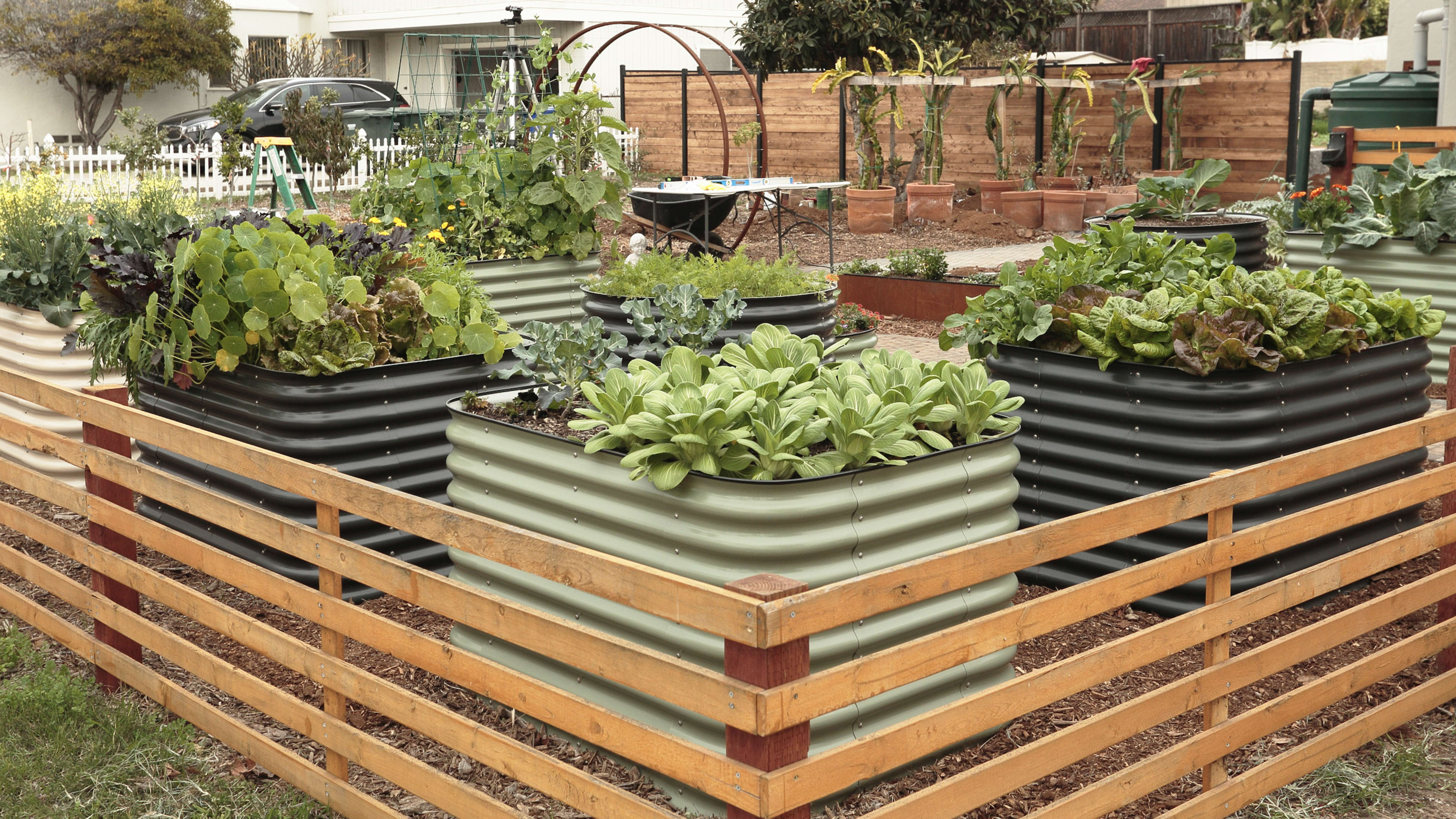Epic Gardening is No. 8 on Fast Company’s list of the Most Innovative Companies in media. Explore the full list of World’s 50 Most Innovative Companies of 2023 that are reshaping industries and culture.
Kevin Espiritu’s first foray into growing his own food was hardly an auspicious one. This was back in 2013, just after the Epic Gardening founder and CEO had graduated from the University of California at Santa Barbara. Espiritu was kicking around at home in San Diego when his mom suggested that he and his younger brother find a bonding activity for the summer. Although they knew nothing about gardening, they decided to give and go and “hit the nursery together,” Espiritu recalls.
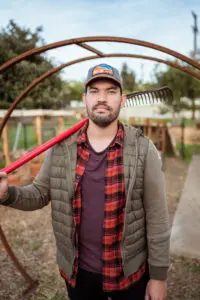
“I went full nerd,” he says. “I got like a five-gallon bucket and tried to grow hydroponic cucumbers—so no soil, pro lights, and stuff. They were really, really bad. My brother said he almost threw up when he ate them. But for me, it kind of hooked me because of the science-y angle to it. That’s when I decided, hey, I’ll register the [Epic Gardening] domain and kind of journal about it.” (His brother, he said, watched in delight as his bucketful of basil exploded into a giant bush.)
A decade later, Espiritu is hardly winging it anymore. What started as a hobbyist blog that chronicled Espiritu’s coming-of-age as a green thumb has morphed into a direct-to-consumer gardening empire with original content on YouTube, TikTok, and other social media platforms; podcasts; and a line of products—from root pouch fabric pots to raised garden beds—available to buy online. Last year Epic Gardening, which has an online audience of about 6 million, acquired the seed packet company Botanical Interests, opening up a distribution pipeline to 4,500 stores around the country. This boost helped Epic Gardening generate $27 million in revenue last year. (Ironically, the cucumber seeds from that forgettable first experiment were from a Botanical Interests packet.)
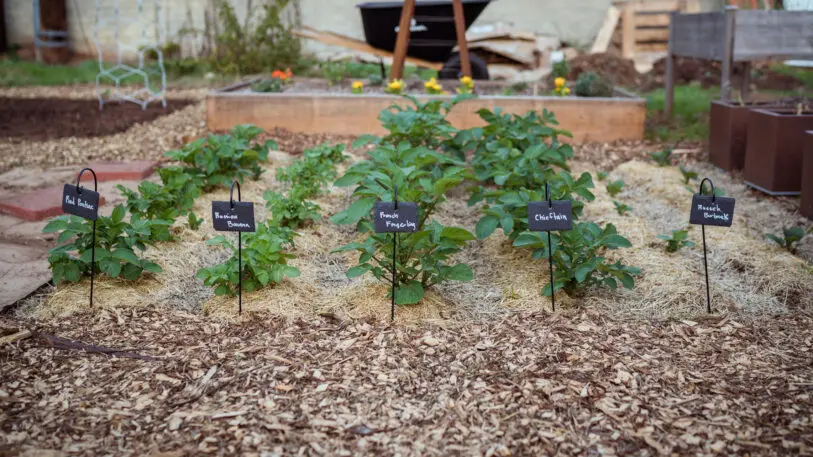
Espiritu understands that he’s tapped into the culture’s back to the basics movement that has caused an uptick in home chicken coops and homemade bread, particularly amongst sustainably-minded young people. The trend was already underway before the pandemic, but went into overdrive once people were in lockdown mode.
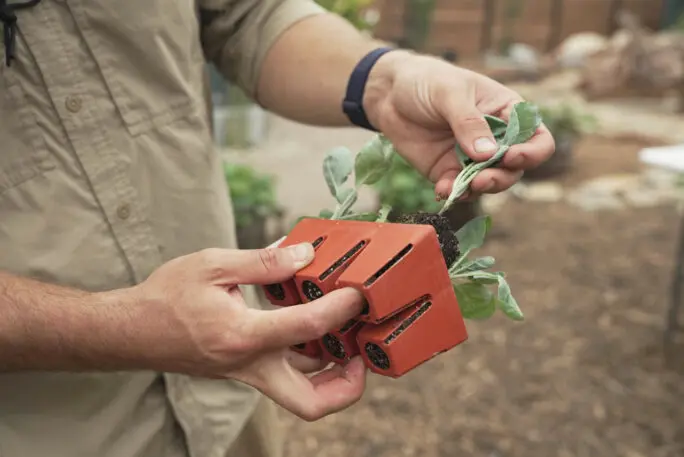
“Covid was crazy,” Espiritu says. “The lockdown was announced on the 10th of March, and on March 11th I woke up and the main Epic Gardening YouTube channel was at like 220,000 views and we were getting 15,000 new subscribers a day.” He acknowledges that “partly it was because we’re named Epic Gardening, so if someone types in ‘gardening,’ we’re just there.”
But Espiritu’s relatable, I’m-just-a-regular-guy tone—accentuated by his uniform of a hoodie, baseball cap, and thin layer of stubble—has clearly struck a vibe with viewers. In a video about what mistakes to avoid when creating a raised bed garden, he says, “I kind of grew up just like a SoCal skater rat kid,” so “I’ve made just about all the mistakes I’m going to show you. And so I know the pain of them, so that gives me the experience to say, really avoid them.”
Yet his videos are hardly glib, clickbait clips. A recent one about starting a chicken coop (“Raising Chickens: Everything You Need to Know!”) runs more than 20 minutes long and delves into everything from space requirements to different hen breeds and which are suited for warmer or colder climates. A video about how to grow ginger in a container gets into such nerdy details as what ginger roots are technically called (rhizomes) and how photosynthesis affects faster growth. The video has racked up over 10 million views.
With a $17.5 million investment from the Chernin Group behind it (that deal closed in late 2021), Epic Gardening is attempting to expand as steadily as well-fertilized bougainvillea. In addition to online articles, there are now two podcasts and four YouTube channels, including one devoted to regenerative gardening and one built around Espiritu’s former assistant Jacques, who delves into farm-to-table cooking and sustainable practices. Espiritu’s started the Epic Homesteading channel two years ago when he bought a new house.
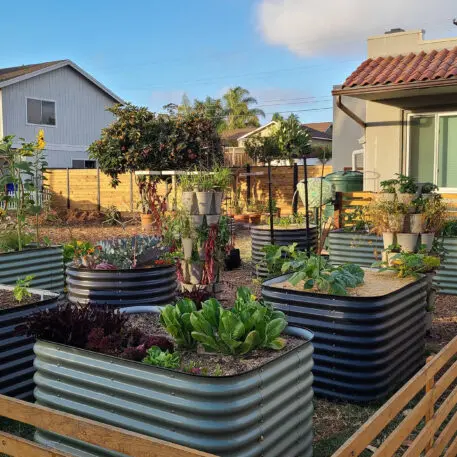
Unsurprisingly, Espiritu has talked to production companies about a TV show but says, “It would have to be really juicy, because we have no creative limits on us now.” Instead, he says, “I think a lot of what’s on the focus at least in the next year or so is looking at the industry and saying, ‘Okay, what awesome products could we develop and distribute through our network? And then, what sort of tech stuff can we do to make the experience of shopping in our category a lot easier? Because it’s kind of an antiquated category.
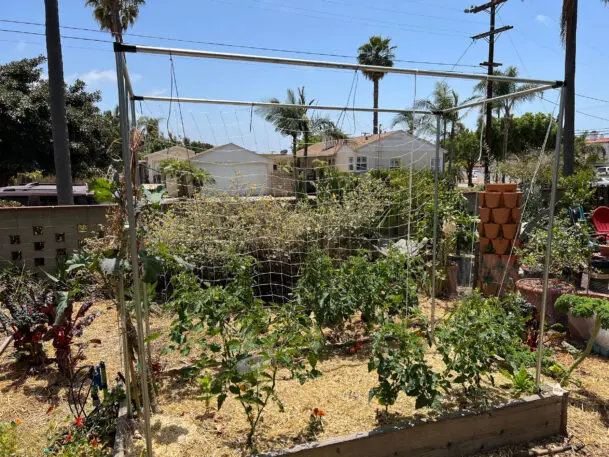
“I love our wholesale customers on the seed side, so it’s not a slander against them, I want to be clear,” he says. “But we have customers who are proudly faxing in orders. Just the way of ordering and inventory management and planning—it’s all sort of fuzzy. So just looking at all that and going, Okay, can we just get up to modern standards?”
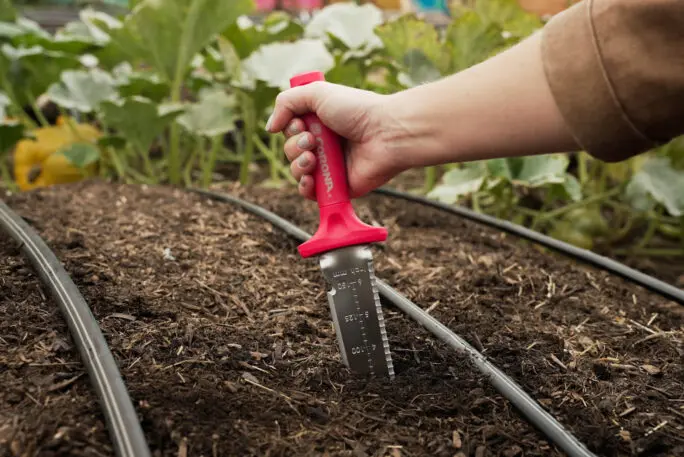
Ultimately he understands that his brand’s biggest strength is the connection he’s fostered with his audience, something that is sorely lacking from the big competitors in the gardening space, such as Home Depot, Lowe’s, and Amazon. “There was a woman I was talking to, who, when she started watching us she was 15,” Espiritu says. “She’s now married, is 23, and has a whole farm business going because she said she watched Epic Gardening stuff.
“If you’re a big player, you just don’t have the time to construct that type of infrastructure,” he adds. “Nor do you really care, I think.”
“For us, the content’s still coming out of all the creators’ backyards—including mine. So our team will be over at my house, and I’ll be out in the yard, messing around making videos for people. Which I think is kind of cool.”
Recognize your brand’s excellence by applying to this year’s Brands That Matter Awards before the early-rate deadline, May 3.
